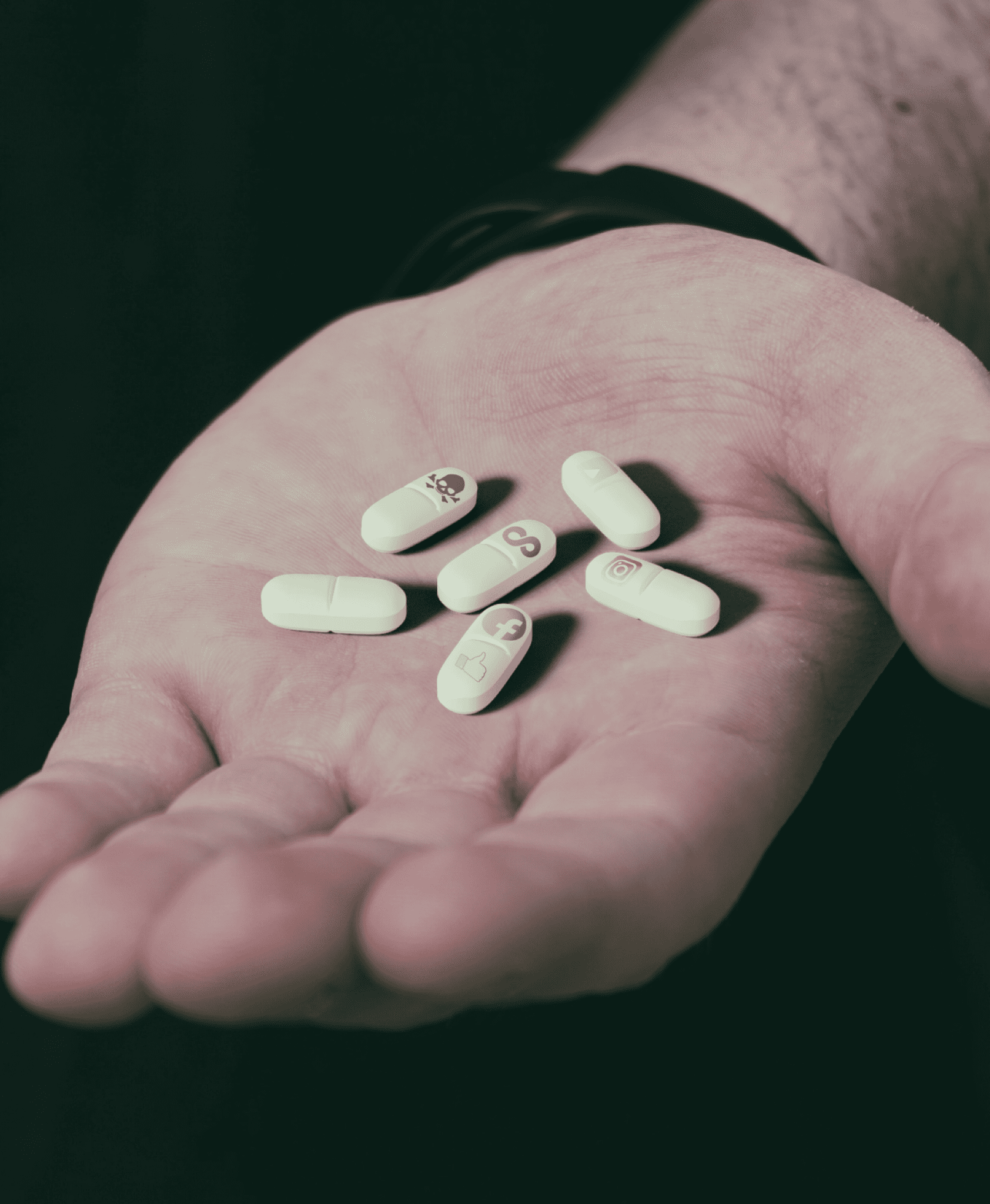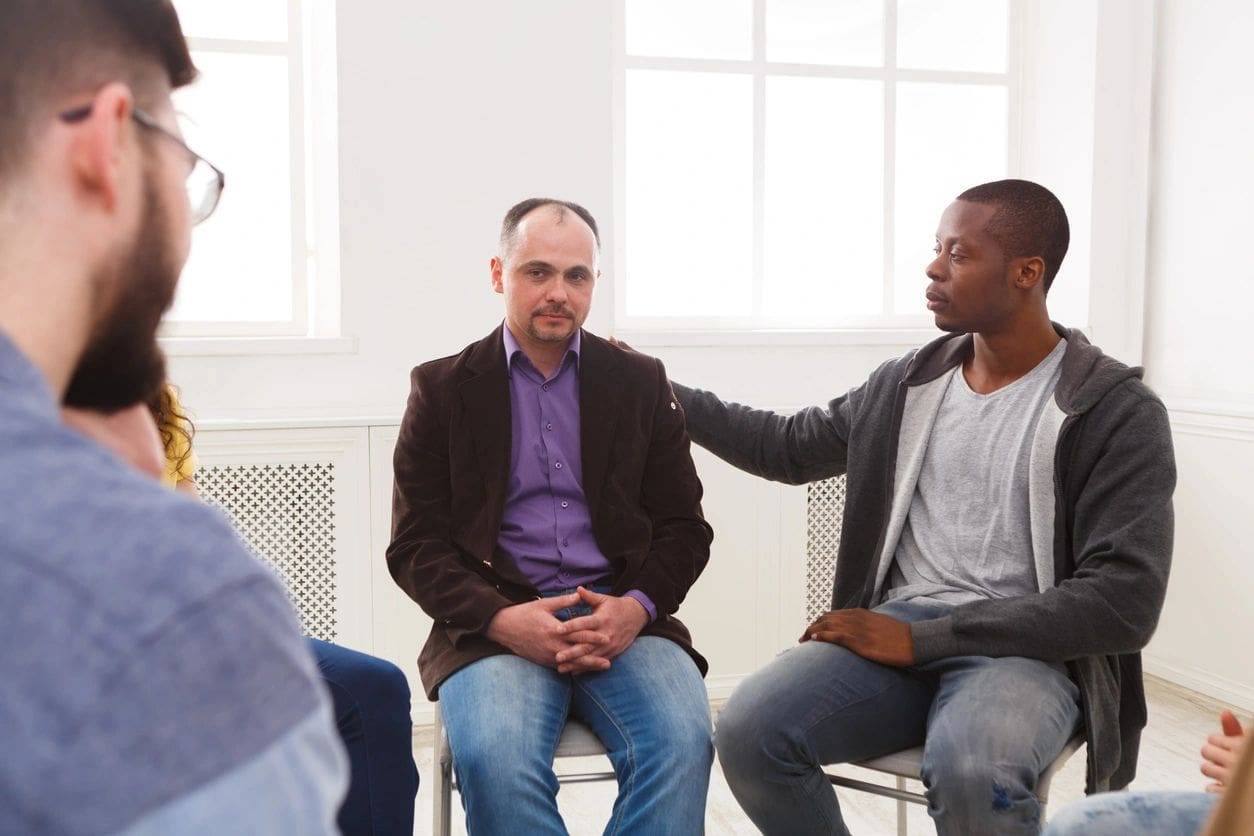
Addiction
An addiction is a problematic pattern of behaviour or substance use that leads to impairment or dysfunction or else causes significant distress.
What is Addiction?
From a biopsychosocial perspective, addiction is an illness involving many factors, including:
- Biological factors, like the brain’s systems involved in reward, motivation, and memory. From a psychological perspective, systems affected by addiction also include:
- Social factors – patterns in relationships
- Psychological factors – our moods, behaviours, and thought patterns
Because addictions are embedded in biological (brain), social, and psychological factors, they can be very hard to treat on your own.

Signs of Addiction
Signs that our use of a substance (like alcohol or a drug, for example), might be an addiction include the following:
- Using the substance in larger amounts or over longer periods than intended.
- Wanting to cut down or control substance use but having trouble doing so.
- Spending a great deal of time using the substance or recovering from its effects.
- Craving the substance.
- Substance use interferes with our roles at work or at home.
- Continued use of the substance even though we know it causes problems in our relationships with others.
- Giving up or reducing important activities because of using the substance.
- Using the substance in situations where it might be dangerous to do so.
- Increased tolerance, where we need larger amounts of the substance to obtain the same effects.
- Withdrawal, where we experience unpleasant symptoms whenever we stop or reduce our use of the substance.
We can become addicted to many different things, like cigarettes, alcohol, recreational or prescription drugs, gambling, sex, and food.
Treatment for Addiction
There is no “one size fits all” treatment method for addictions.
However, there are several treatments that can be helpful, depending on how long the addiction has been present, how much support is available, and how motivated a person is to change.
Treatments for addiction include the following:
- Self-help groups, like 12-step programs or AA
- Harm-reduction (for example, learning safer ways to use a substance when the person is not ready to give up the substance altogether)
- Individual psychotherapy (motivational interviewing to address ambivalence about quitting; cognitive behaviour therapy to learn strategies to control addictive behaviour)
- Couples counselling
- Education
- Withdrawal management (such as rehabilitation centres)


What to Expect When Seeing a Psychologist for Addiction
When seeing a psychologist or psychotherapist for treatment of an addiction, your clinician will likely ask specific information about the following:
- amounts and patterns of substance use or gambling
- level of dependence using screening questionnaires
- related problems including family, social, work and emotional functioning (marital issues, impatience with children, sleep and concentration problems, late and absent from work)
- other substance use or problematic behaviours
- your level of motivation for change
- your level of self-efficacy in dealing with the problem (how confident and capable you are in your ability to address the problem)
- any other areas where you might be struggling (you might be asked about things like depression, anxiety, or pain, for example)
If you’re not sure what to expect, it is okay to ask to speak to your clinician ahead of time to ask what to expect. We are here to make the process as easy and comfortable as possible.
